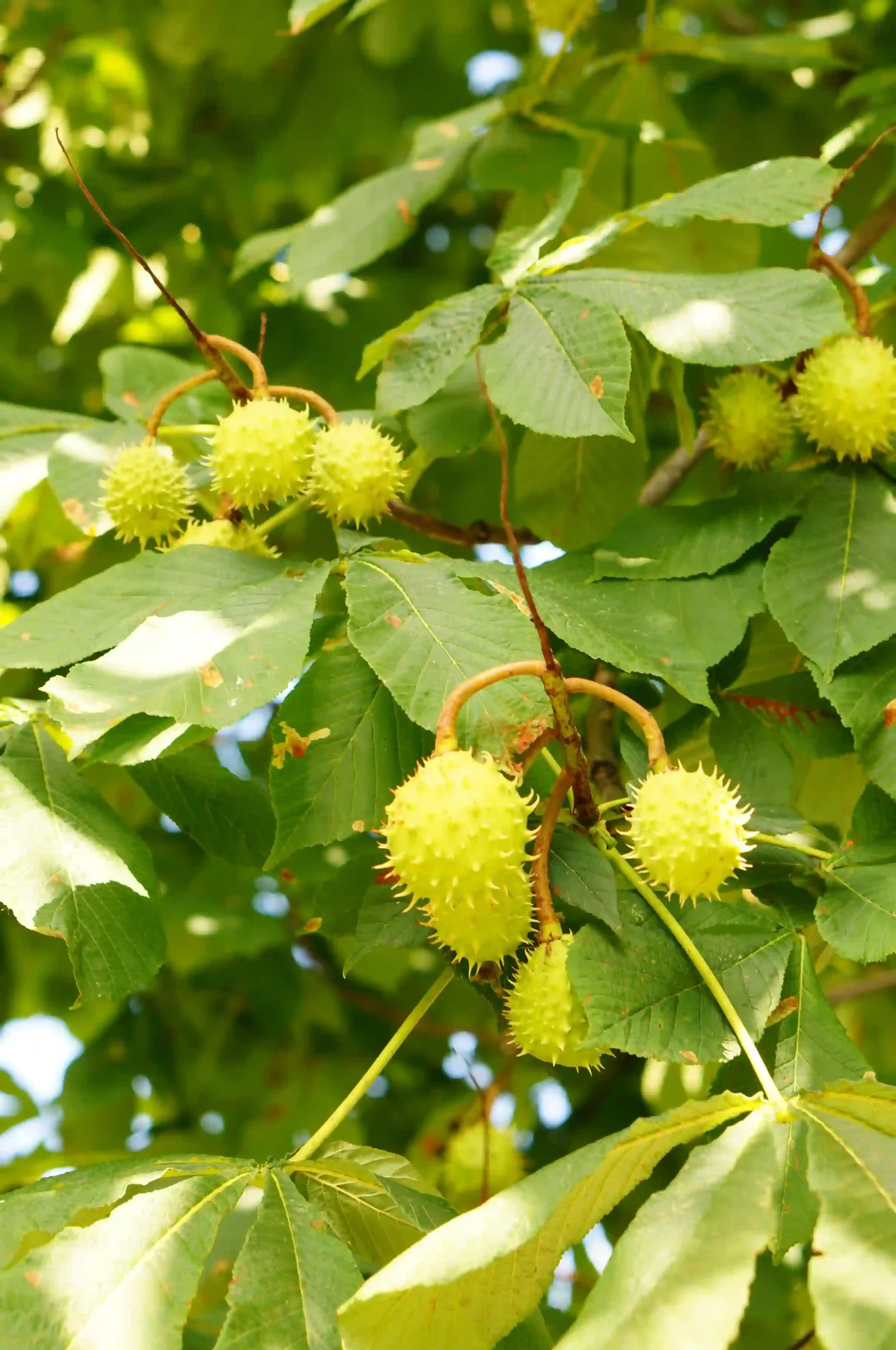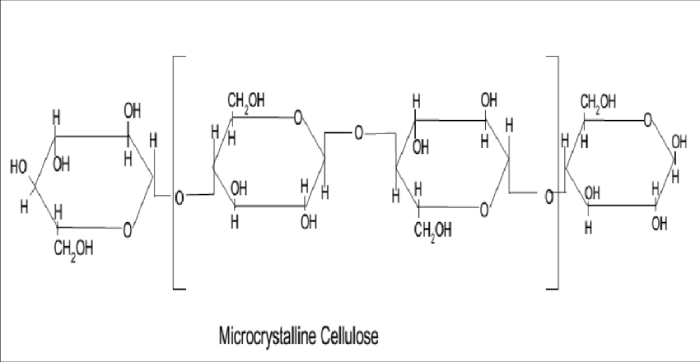Salmonella outbreak linked to cucumbers from Mexico raises food safety concerns
Federal and state health authorities announced on Friday that they are actively investigating a Salmonella outbreak linked to cucumbers grown in Mexico. This outbreak has affected 68 individuals across 19 U.S. states. The Centers for Disease Control and Prevention (CDC), the Food and Drug Administration (FDA), and local health agencies are gathering epidemiological, traceback, and food testing data as part of their efforts to determine the source of the contamination.
According to preliminary findings, the outbreak has been traced to whole, fresh cucumbers grown by Agrotato S.A. de C.V. in Sonora, Mexico, and imported by SunFed Produce, based in Nogales, Arizona. The cucumbers may be contaminated with Salmonella Typhimurium, leading to the illnesses. The infections began around October 12 and continued through November 16, with 18 out of 50 affected individuals requiring hospitalization. Fortunately, no deaths have been reported as of now.
The number of cases is believed to be higher than the confirmed 68, and the outbreak may have spread beyond the 19 states initially reported, which include Alaska, Arizona, Arkansas, California, Colorado, Connecticut, Florida, Idaho, Illinois, Indiana, Kansas, Maryland, Massachusetts, Minnesota, Missouri, New Jersey, New York, North Carolina, Oklahoma, Pennsylvania, Tennessee, Texas, Utah, Virginia, Washington, and Wisconsin. The affected areas also include the Canadian provinces of Alberta, British Columbia, Saskatchewan, and Ontario.
Montana has recorded the highest number of cases, with seven. The contaminated cucumbers were distributed through various foodservice and retail channels, and some may have a PLU (Price Look-Up) sticker identifying their origin.
SunFed Produce President Craig Slate stated, “As soon as we learned of this issue, we immediately took action to safeguard consumers. We are collaborating closely with authorities and the affected farm to pinpoint the possible cause of the contamination.”
Commentary by YourDailyFit columnist Alice Winters:

The recent Salmonella outbreak linked to cucumbers from Mexico raises important questions about the safety and traceability of imported produce. As consumer demand for fresh vegetables remains high, particularly cucumbers due to their versatility and health benefits, incidents like this underline the vulnerabilities in the global food supply chain. Cucumbers are generally considered a low-risk food for contamination when handled properly, but the outbreak of Salmonella Typhimurium highlights the importance of rigorous testing, monitoring, and transparency in food sourcing.
While the CDC and FDA are working diligently to trace the source and contain the outbreak, this situation exposes gaps in food safety protocols, especially with imported produce. In this case, it appears that the contamination originated from cucumbers grown by Agrotato S.A. de C.V. in Sonora, Mexico. The company, based in a region known for its extensive agricultural production, is now under scrutiny, though it’s essential to remember that contamination can occur at various points in the production and distribution chain. The involvement of SunFed Produce, the U.S. importer, is also critical in this investigation as it links the product to American consumers.
The true scope of the outbreak is likely to be larger than reported, as the CDC itself notes that many illnesses often go unreported or are not immediately linked to foodborne pathogens. This is particularly concerning considering that foodborne illnesses can have long-term health implications, and the risk of severe infection, such as hospitalization, underscores the need for more robust food safety measures.
From a consumer perspective, the incident raises several points of consideration: How well are we ensuring the safety of imported food products? Can systems like PLU stickers and traceback data be more effective in preventing widespread contamination? Additionally, the lack of a fatality in this case might seem reassuring, but it is not a reason to downplay the severity of the public health threat posed by contaminated food.
The case also calls attention to the broader market context of food safety. In an era where food is frequently sourced globally, maintaining transparency, timely communication, and consumer protection mechanisms is paramount. Companies like SunFed Produce must continue to work in close collaboration with health authorities, ensuring that the cause of the contamination is traced effectively and future risks are mitigated. Furthermore, the environmental impact of pesticide use and water management in agricultural regions must be part of the ongoing conversation about food safety.
In conclusion, while the current investigation is crucial, the episode serves as a reminder of the importance of constant vigilance in food safety at all levels of production, importation, and distribution. As the industry and authorities work together to resolve this issue, it remains critical for consumers to stay informed and cautious when purchasing fresh produce, particularly from areas with a history of contamination outbreaks.



